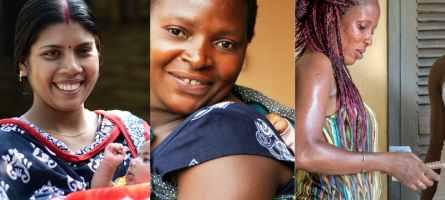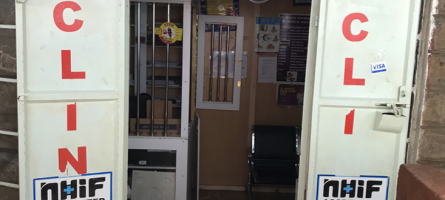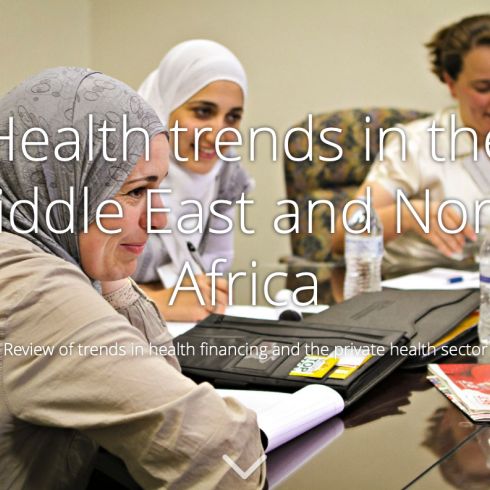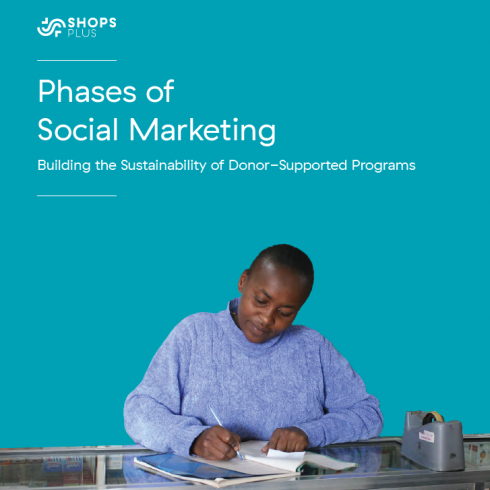Family Planning
More than 225 million women worldwide still have an unmet need for family planning. Every year, there are more than 80 million unintended pregnancies, and every day, more than 800 women die from preventable causes related to pregnancy and childbirth. Improving access to family planning is critical to improving these health outcomes and requires engagement of both the public and private sectors. In much of the developing world large numbers of clients rely on a wide range of private sector providers from midwives and doctors to drug shops and pharmacies as a source of family planning. Engagement of these providers is critical to achieving these health outcomes.
SHOPS Plus aims to achieve universal access to family planning products and services through the private sector by:
- Strengthening and scaling private provider networks and franchises
- Supporting universal access by enhancing financial protection for the poor through a variety of financing options including contracting, vouchers and insurance
- Establishing pharmaceutical partnerships and promoting social marketing to improve access to family planning products
- Helping governments maximize private sector contributions by conducting market segmentation analyses, implementing TMA strategies, and identifying and brokering public-private partnerships
- Improving the quality, scale, and viability of private family planning providers by offering training in clinical, counseling, and business skills, along with access to financing
- Using behavior change communication to increase demand for family planning services and products
- Employing mobile technologies for data collection, provider training, and consumer outreach
Examples of our work
SHOPS Plus analyzed six countries where (1) the private sector has played a significant role in the family planning market and (2) the private sector role has increased as modern contraceptive prevalence rate grew. Drawing on Demographic and Health Survey data, as well as key informant interviews with market experts, individual country briefs highlight the macro-environmental, sociocultural, policy, and programmatic factors that facilitated, or in one country example, inhibited, the overall market and private sector contributions in these countries. Understanding these factors can help donors and country governments better consider appropriate private health sector investments and interventions in their family planning programs. Click here to access the country briefs, as well as a full synthesis of the six country analyses.
In Afghanistan, SHOPS Plus takes a total market approach to increasing access to and use of family planning products and services. The project conducted a market segmentation analysis, which helped prioritize and differentiate focus areas for the organization and the public sector. The team supported the development and implementation of a multi-pronged social and behavior change campaign, which included mass media (TV and radio spots), social media, and intrapersonal communication activities at innovative locations such as mosques and beauty parlors. The program’s efforts in the first four years resulted in more than 700,000 couple years of protection.
At the global level, SHOPS Plus analyzed the most recent Demographic and Health Survey data from USAID maternal and child survival priority countries to examine where modern contraceptive users obtain their method and to examine the contribution of the private sector to family planning. Understanding where women acquire their family planning methods is important to increase access to modern contraception and catalyze efforts to meet national family planning goals. Access current published resources here.
Countries: Afghanistan, Haiti, India, Madagascar, Nepal, Nigeria, Pakistan, Senegal, Tanzania




